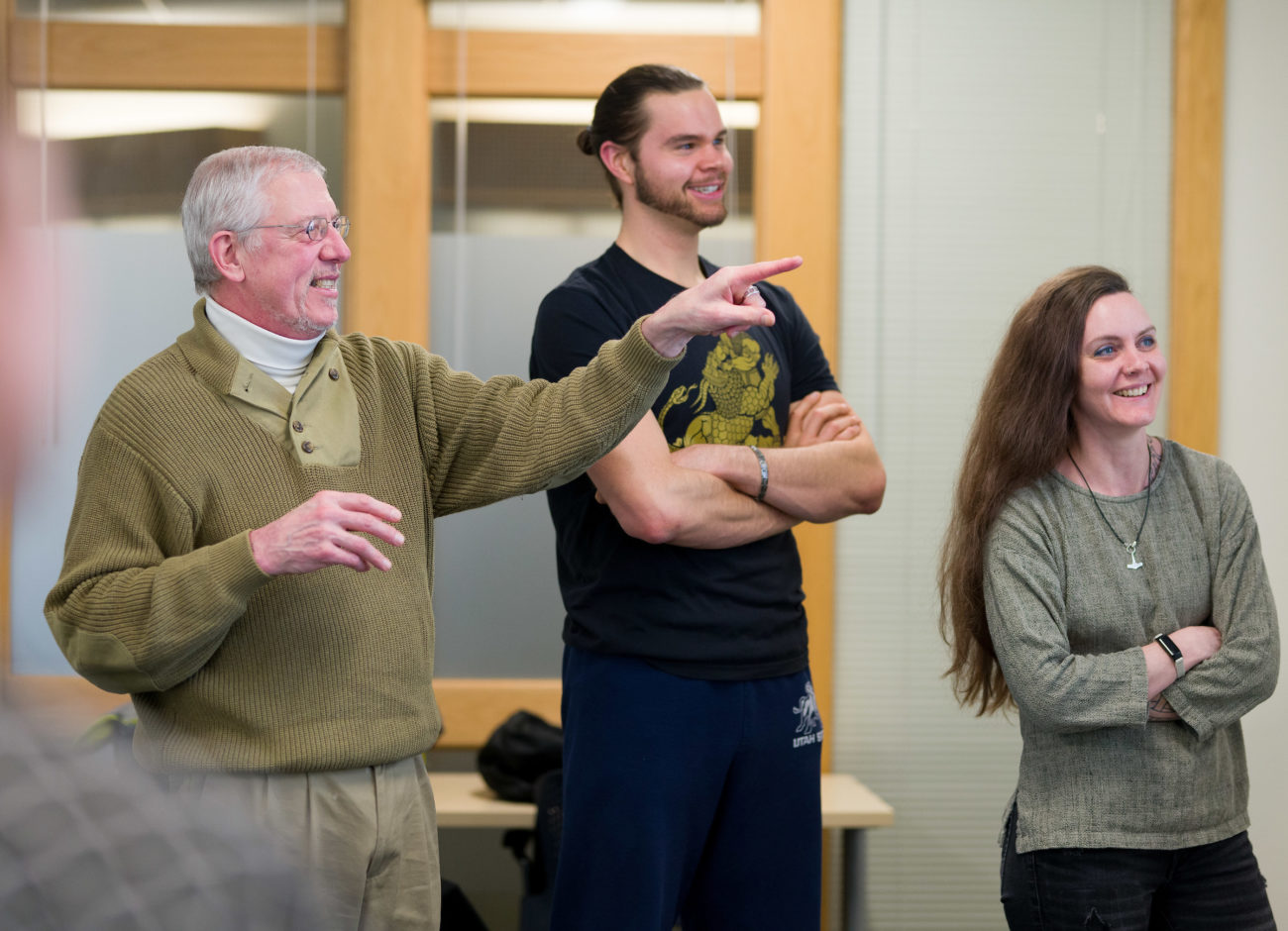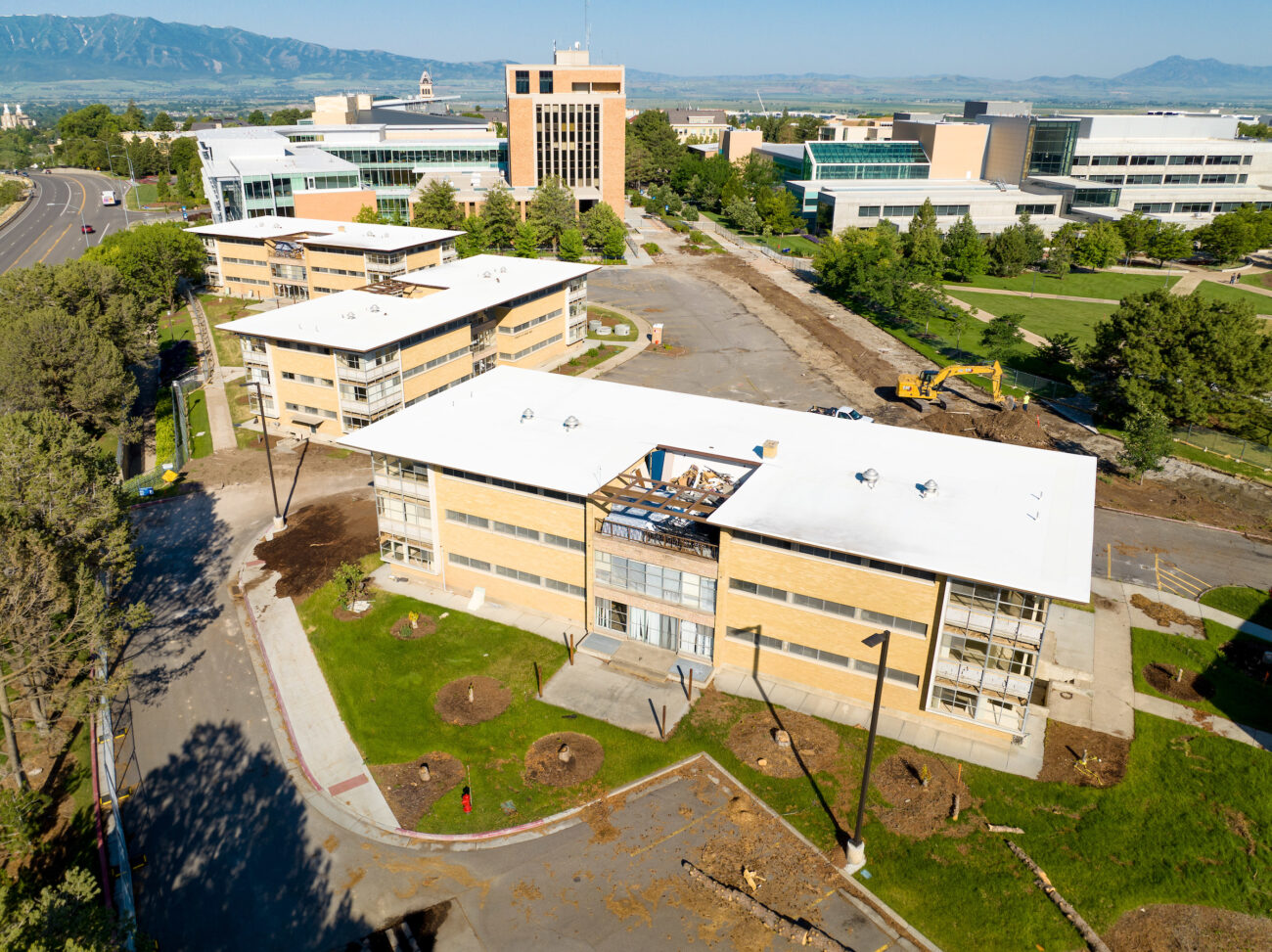USU Latin Lab Helps Provide Accessibility to Untranslated or Inaccessible Ancient Texts

By Taylor Emerson
At one time in history, Latin, as a language, may have been heard or read in places from England to Egypt – thanks to the Roman Empire, which once held the entire Mediterranean Sea within its grasp of the world. Its imprint upon the world can be felt and seen in literature, theology, science, medicine, and law. It even lives on today, in some way, through the Romance Languages – Italian, French, Spanish, Portuguese, and Romanian.
Having had so much impact on our collective past, and in many ways still reverberating through our contemporary lives today, Latin represents a key to a treasure house of knowledge – but only if you can read it or have those doors opened in some other way.
Here at Utah State University, the Latin Lab offers its services as an option for just that – breaking through the ancient language barrier.
Its mission is to help translate yet untranslated, or inaccessible, Latin language texts. By just submitting a proposal, and joining the lab at least once to explain the nature of their work, researchers can have their documents translated without a cost. The lab instead just asks for recognition in any published work on which they’ve collaborated.
So for many, it’s an opportunity to work with primary sources that otherwise they may not understand.
In this video, get a glimpse into the lab’s translation process and why they do it. For more information on the Latin Lab, and how to get involved or how to request a translation, visit: chass.usu.edu/classics/opportunities/latin-lab/





